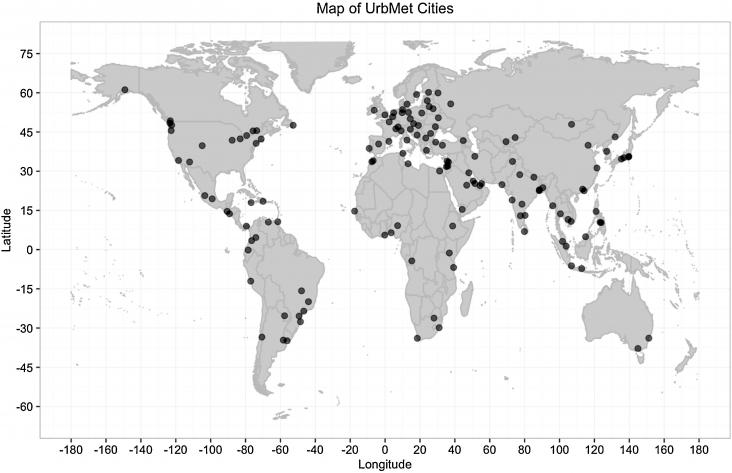Water harvesting is an ancient practice that has been used, mainly in dry environments, to increase efficiency of water collection and use by directing water from a large natural watershed or man-m
Combined Sewer Overflow (CSO) infrastructure are conventionally designed based on historical climate data.

The sustainability of urban water systems is often compared in small numbers of cases selected as much for their familiarity as for their similarities and differences.
This paper uses ‘Medieval’ drought conditions from the 12th Century to simulate the implications of severe and persistent drought for the future of water resource management in metropolitan Phoenix
Water reuse networks have been emerging globally for the last 50 years. This article reviews the economic, social and environmental issues related to implementing water reuse networks in cities.
Increases in water treatment technology have made water recycling a viable engineering solution to water supply limitations.
Shortages of freshwater have become a serious issue in many regions around the world, partly due to rapid urbanisation and climate change.
The study of resilience in the face of large physical and climatic change has emerged as an important area of research.
